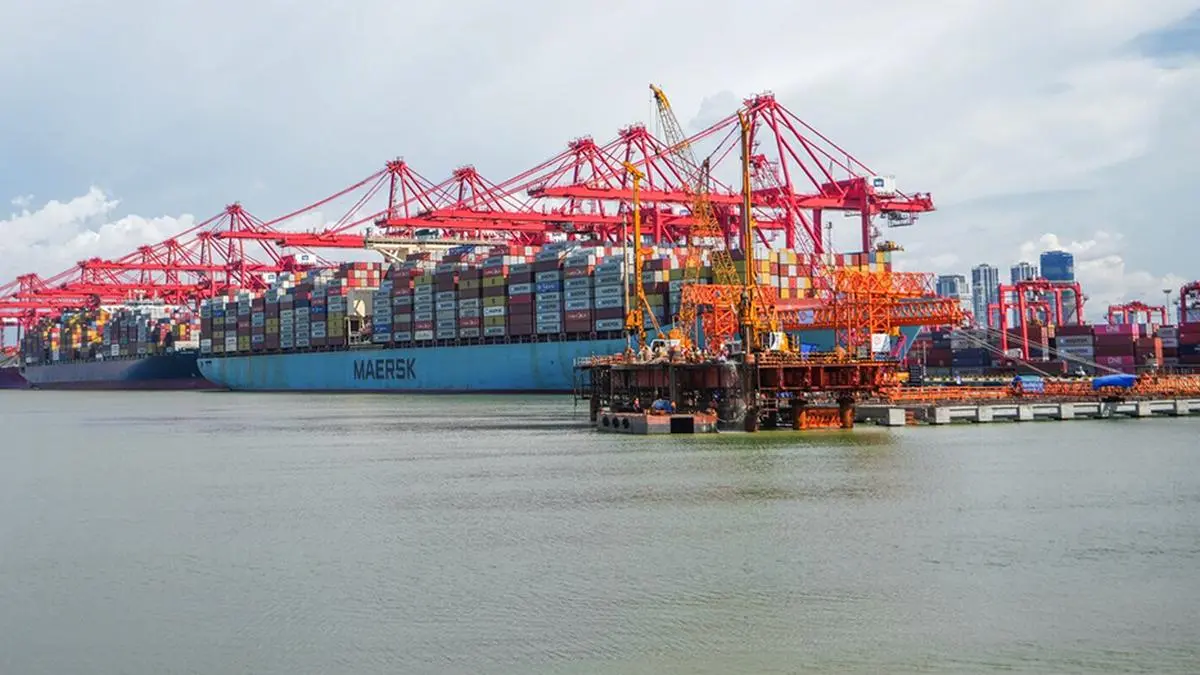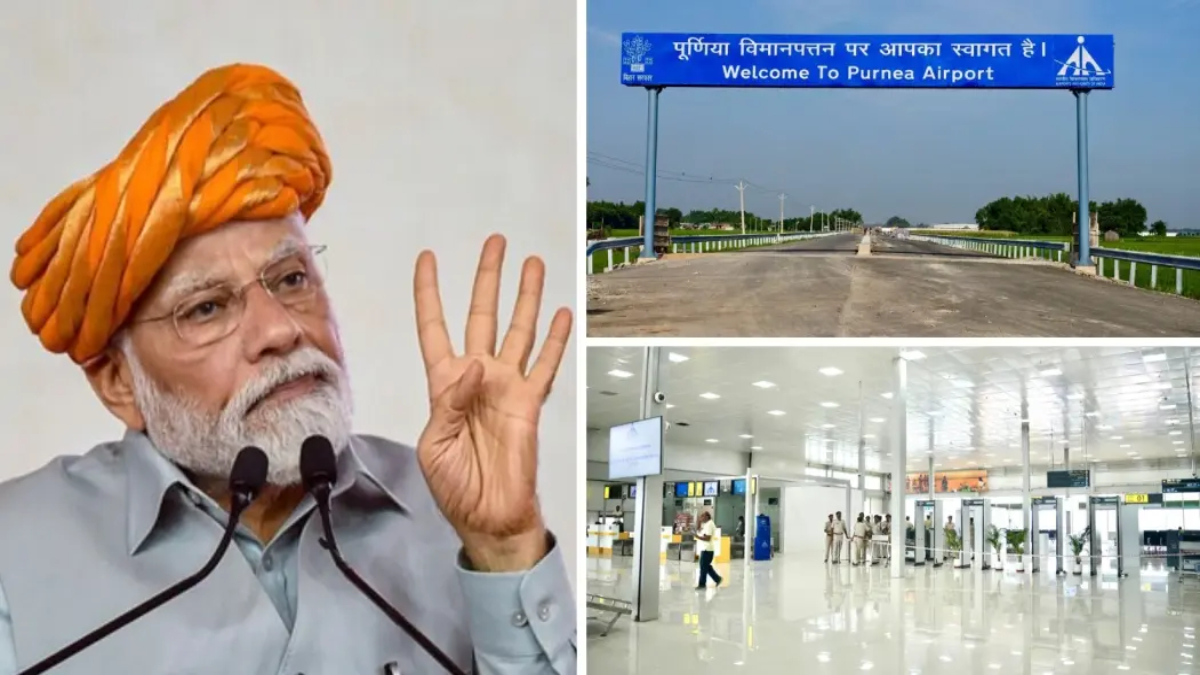Now Reading: Sanctioned Russian Oil Tanker Nears Adani’s Mundra Port, Testing New Ban
-
01
Sanctioned Russian Oil Tanker Nears Adani’s Mundra Port, Testing New Ban
Sanctioned Russian Oil Tanker Nears Adani’s Mundra Port, Testing New Ban

In a development that highlights the complexities of international trade and the ripple effects of geopolitical sanctions, a sanctioned oil tanker, the Spartan, is nearing the coast of Gujarat, with its destination confirmed as Adani’s Mundra Port. The vessel, laden with approximately 1 million barrels of Russian Urals crude oil, is expected to be one of the final sanctioned tankers to unload at the port, following a new policy implemented by the Adani Group.
The Spartan, a Suezmax tanker built in 2010, was blacklisted by both the European Union and the United Kingdom last year for its role in facilitating the export of Russian oil. This recent voyage places the vessel at the center of a much larger global conversation about sanctions, energy security, and the ongoing war in Ukraine.
Adani’s New Stance and its Implications
The arrival of the Spartan comes just after Adani Ports and Special Economic Zone Ltd. (APSEZ) announced a new formal policy prohibiting vessels sanctioned by the EU, UK, or the US from calling at its ports. An advisory, dated September 11, made the ban effective immediately. However, a spokesperson for APSEZ clarified that the new rule does not apply to ships that were already en route to the port when the ban was enacted, which explains why the Spartan is being permitted to dock.
This policy shift by one of India’s largest private port operators is a significant move. While India has a national policy of adhering only to United Nations sanctions, and not unilateral sanctions imposed by individual countries or blocs, the move by Adani reflects a growing awareness of the risks associated with handling sanctioned vessels. It is believed that the company is seeking to safeguard its own legal and commercial interests amid rising pressure from Western nations.
The new ban is likely to impact two major Indian refiners, HPCL-Mittal Energy Ltd. (HMEL) and Indian Oil Corp (IOC), both of which regularly import Russian oil through Mundra Port. HMEL, in particular, sources all its crude supplies through Mundra. While IOC has other ports to utilize, this new restriction at a key gateway could present logistical challenges for the companies as they navigate their crude procurement strategies.
India’s Position in the Global Oil Market
India has emerged as the largest buyer of Russian seaborne crude, a trade that has come under intense scrutiny, particularly from the United States. The Biden administration has already implemented tariffs on Indian goods, citing India’s role in supporting Russia’s economy through oil purchases. There have also been calls for G7 nations to impose even higher tariffs on India and China to curb the trade.
Despite the pressure, India has consistently defended its purchases, stating that its energy decisions are driven purely by national interest and the need to secure affordable energy supplies for its populace. The arrival of the Spartan and Adani’s subsequent policy change underscores the delicate balance India is attempting to strike between its strategic energy needs and the escalating global political landscape.
As the Spartan prepares to discharge its cargo, the incident serves as a clear illustration of how global sanctions are reshaping trade routes and forcing key players in the shipping and energy sectors to re-evaluate their operational policies in an increasingly complex and interconnected world.










